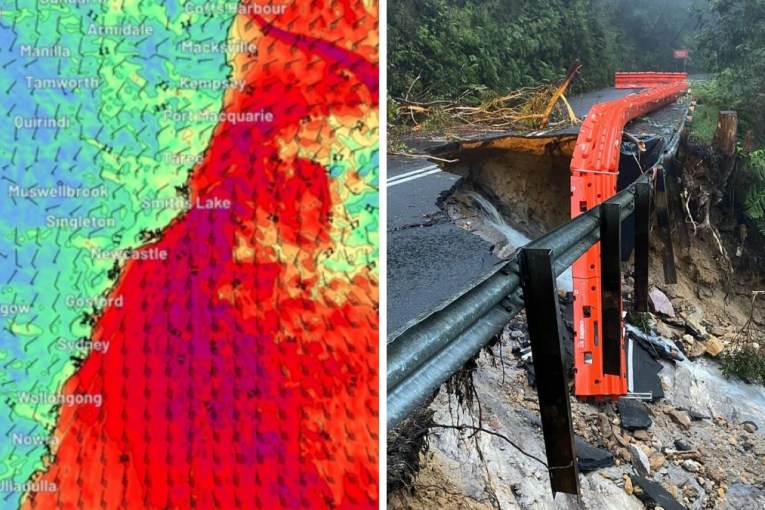2014 was officially the hottest year on record
Last year was the Earth’s hottest on record, which America’s space agency NASA says continues a long-term trend towards a warming planet.
NASA’s data shows that not only was 2014 the warmest year recorded since 1880, 10 of the hottest years on record have happened since 1998.
The NASA reports said that while its scientists expected to see year-to-year fluctuations caused by phenomena like El Nino and La Nina events, 2014 was a ‘Nino neutral’ year.
The analysis is backed up by a separate, independent report from NASA’s sister agency, the National Oceanic and Atmospheric Administration (NOAA) – as well as the British and Japanese weather offices.
NASA said 2014 was the latest in a series of warm years, in a series of warm decades – and it attributed the long-term trends to drivers of climate change it said were dominated by human emissions of greenhouse gases.
Parts of the world that saw record heat included Russia, western Alaska, the western US, parts of interior South America, parts of eastern and western coastal Australia, north Africa and most of Europe.
Record cold for the year was apparent only in some parts of the eastern and central US.
If you are younger than 29 years old, you haven’t lived in a month that was cooler than the 20th century average.
University of Georgia meteorologist, Marshall Shepherd
“While the ranking of individual years can be affected by chaotic weather patterns, the long-term trends are attributable to drivers of climate change that right now are dominated by human emissions of greenhouse gases,” said Gavin Schmidt, director of NASA’s Goddard Institute of Space Studies in New York.
“The data shows quite clearly that it’s the greenhouse gas trends that are responsible for the majority of the trends.”
Mr Schmidt said the trends in greenhouse gas emissions were continuing so further record highs could be expected in the years to come.
Marshall Shepherd, a University of Georgia meteorologist, said: “If you are younger than 29 years old, you haven’t lived in a month that was cooler than the 20th century average.”
Scientists have warned of grave consequences this century if global temperatures keep rising as anticipated, including heavily populated coastal regions being swamped by rising ocean levels, more deadly extreme weather events and droughts that may harm food production.
This year representatives of about 200 governments will meet in Paris to try to forge a deal to limit global warming to avoid floods, droughts, heatwaves and rising sea levels blamed on increasing emissions of greenhouse gases, which result from burning fossil fuels such as coal and oil.
Change in global temperature five times higher: NASA/NOAA
The scientists said computer models showed that the change in global temperatures was five times higher than it would be if natural phenomena such as volcanic eruptions and solar heating were acting alone.
Including contributions from human activity, such as greenhouse gas emissions, “we get a good match to those long-term trends,” Mr Schmidt said.
“Taken together, the warm temperatures of the recent decades demonstrate the impact of greenhouse gases on our climate, and invalidate the sound bite that global warming has somehow ‘stopped’,” said Joe Casola, staff scientist at the Centre for Climate and Energy Solutions.
Since 1880, Earth’s average surface temperature has warmed by about 0.8 degrees Celsius, a trend that is largely driven by the increase in carbon dioxide and other human emissions into the planet’s atmosphere, NASA said.
The NASA and NOAA analyses showed that the world’s oceans all warmed last year, offsetting somewhat more moderate temperatures over land.
The average temperature across global land and ocean surfaces was 0.69C above the 20th century average, NOAA said.
Last year’s warmth surpasses the previous records of 2005 and 2010 by 0.04C, the scientists said.
The United Nations said it was already clear that promises for emissions curbs at the Paris summit in December 2015 would be too weak to get on track for a UN goal of limiting global warming to two degrees Celcius above pre-industrial times.








